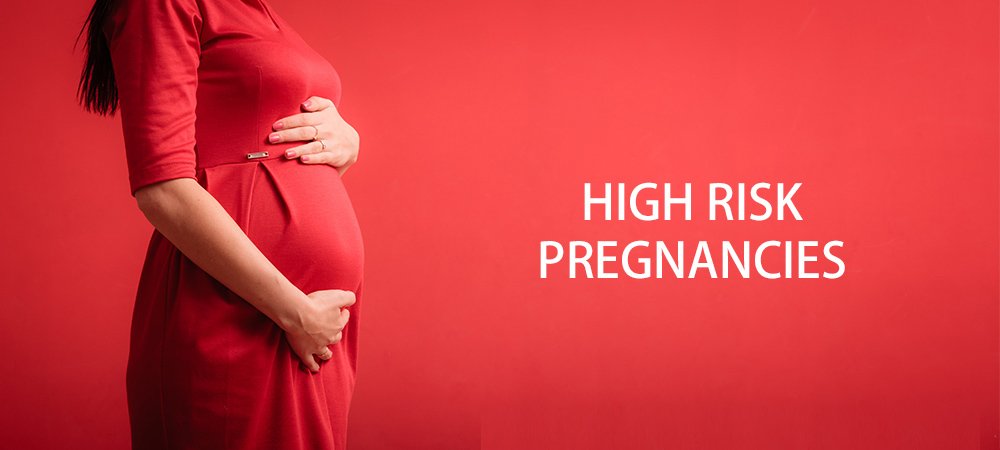
High Risk Pregnancy | Existing Health Conditions.
High-risk pregnancy is a pregnancy where either the mother or the child suffers from a pathology that puts them in difficult conditions. In other words, this means that complications can arise and worsen the health of the mother and/or the baby. Frequent and appropriate medical follow-up is therefore essential.
Difficult Pregnancy: Risks To Control
Various factors can cause a high risk pregnancy: the age of the mother, her previous state of health, the development of the fetus or even infections. If the pregnancy is not properly monitored by a medical service, the consequences can be very serious: miscarriage, fetal growth problem, premature birth… and in extreme cases, the death of the baby and/or the mother during of childbirth.
This is why the choice of the maternity care is also very important. Some establishments have intensive care units for pregnant women, neonatology and neonatal resuscitation units.
Pre-eclampsia, A Sign Of A Serious Complication
A pregnant woman who develops signs of pre-eclampsia (nausea, migraines, rapid weight gain, edema, hypertension, high protein levels in the urine) must be taken care of immediately. Pre-eclampsia gets its name from the fact that it can lead to eclampsia, a serious complication that results in seizures, much like an epileptic seizure.
Pre-eclampsia can have other serious complications that sometimes justify hospitalization of the patient until the birth.
After pre-eclampsia, the woman must rest and undergo regular examinations (urine tests, ultrasounds, etc.). The same is true for subsequent pregnancies, which present a greater risk of triggering the disease.
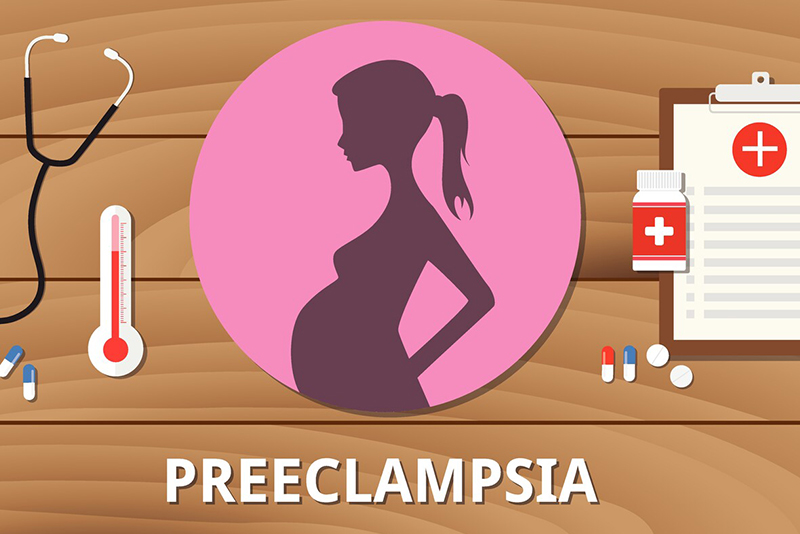
Preeclampsia is a serious blood pressure condition that develops during pregnancy.
Infections During Pregnancy
It is possible to contract an infection that disrupts the smooth running of pregnancy and the development of the fetus. Here are some of them that involve diligent monitoring of pregnancy.
- Rubella: Your baby may suffer from sight or hearing problems as well as heart and brain defects.
- Hepatitis B: the infection can be transmitted to the fetus. At birth, the child must be vaccinated directly to prevent the onset of liver failure during his life.
- Toxoplasmosis: it can cause malformations in the eyes and brain.
- Cytomegalovirus (CMV): CMV infection can be responsible for psychomotor delays, but also vision and hearing disorders.
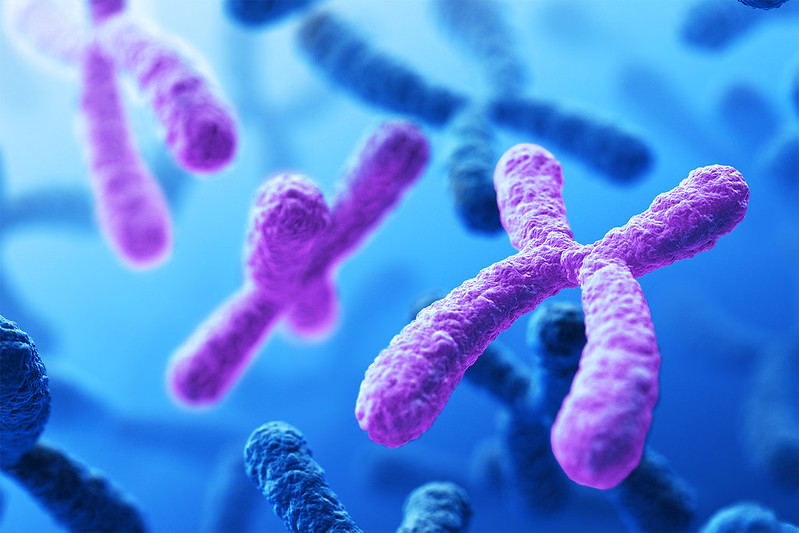
Screening tests can identify women at increased risk of having a baby with Down syndrome. (Trisomy 21).
Diseases That Influence Pregnancy
Your health status at the time of becoming pregnant can be decisive for the health of your baby. Pregnancy symptoms can also make your condition worse. Here are some diseases that cause high-risk pregnancy:
- Asthma: Some women with asthma experience more severe attacks during pregnancy.
- Heart disease or defect: With the added stress of pregnancy, the risk of heart failure increases. Regular check-ups are therefore necessary.
- Epilepsy: The physical and emotional stress of expecting a baby can make seizures more frequent and severe.
- Hypertension: it can also increase with stress.
- Obesity: a pregnant woman whose body mass index (BMI) is above 30 must be monitored, as she presents an increased risk of gestational diabetes, pre-eclampsia or even miscarriage.
What Are The Risks Associated To late Term Pregnancy?
After 40 years old, the chances of a high-risk pregnancy increase. The most common complications in this situation are gestational diabetes for the mother, and developmental disorders or genetic abnormalities (trisomy 21, for example) for the baby.
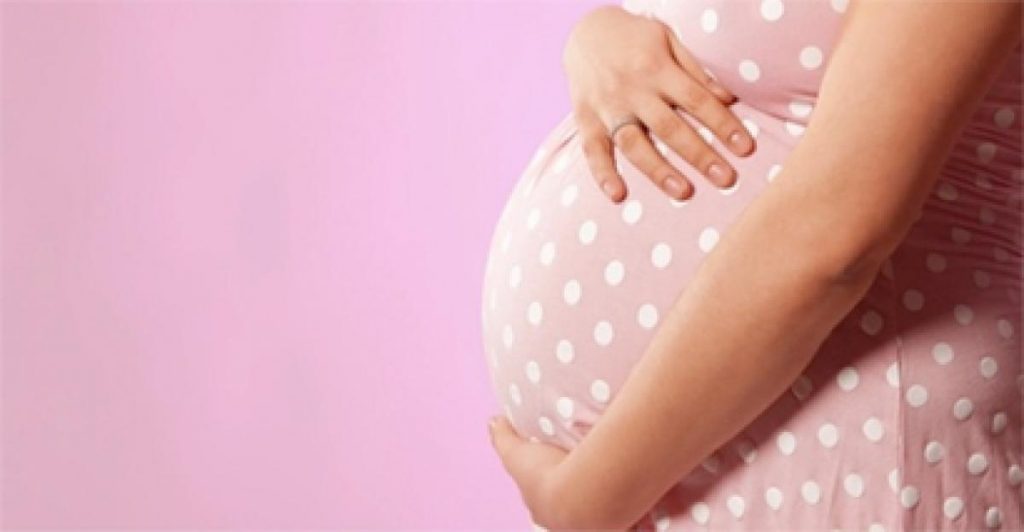
In general, babies born after 41 weeks are at an increased risk of dying before or during labor.
What Monitoring?
Rigorous monitoring is essential throughout pregnancy. Specialists generally work in pairs with the gynecologist in charge of monitoring (diabetologist, infectologist, etc.). There may be hospitalization. The delivery methods will also be discussed in relation to your health status.
Science In Motion
In a study published in June 2021, scientists say they have discovered that hormonal biomarkers of the placenta can indicate which women will have pregnancy complications. These biomarkers are present from the first trimester.
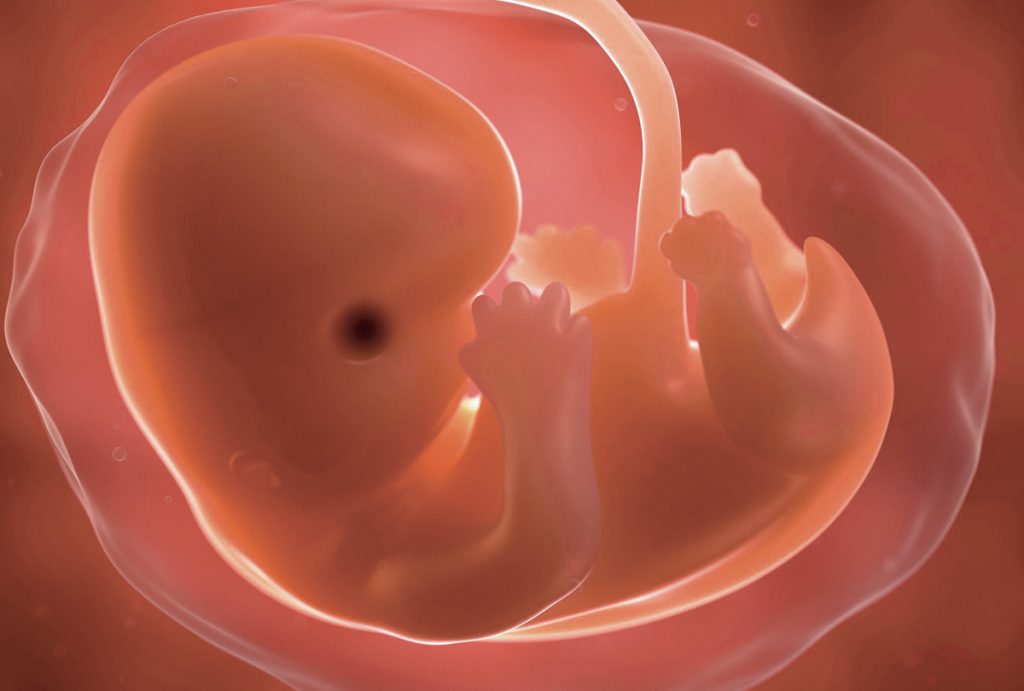
Placenta is a new transitional organ essential to the preservation of pregnancy and fetal development.
They insist on the importance of their discovery, because complications diagnosed too late during pregnancy can have a significant impact on the health of the mother and the fetus.
Dr James S Pendergraft | Orlando Women’s Center


Leave a Reply